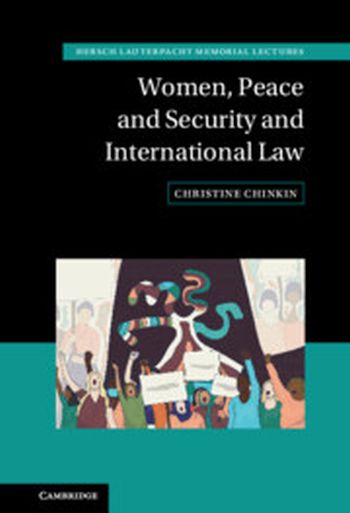
In 2000, the UN Security Council adopted the ground-breaking Resolution 1325 on Women, Peace and Security (WPS) placing women at the centre of the agenda, thanks to years of campaigning. The Resolution recognises the differential impact of armed conflict on women and men, draws attention to the 'inextricable links between gender equality and international peace and security' and stresses the 'important role of women in the prevention and resolution of conflicts and in peace-building'. But what exactly is the WPS agenda and what is its content? What are its implications for peace and for security? And what does it mean for international lawyers? Through the narratives of women's activism and of international law this book seeks to make the WPS agenda better known to international lawyers and to ask whether it is, or could become, an international legal regime that conforms and responds to the realities of women's lives.